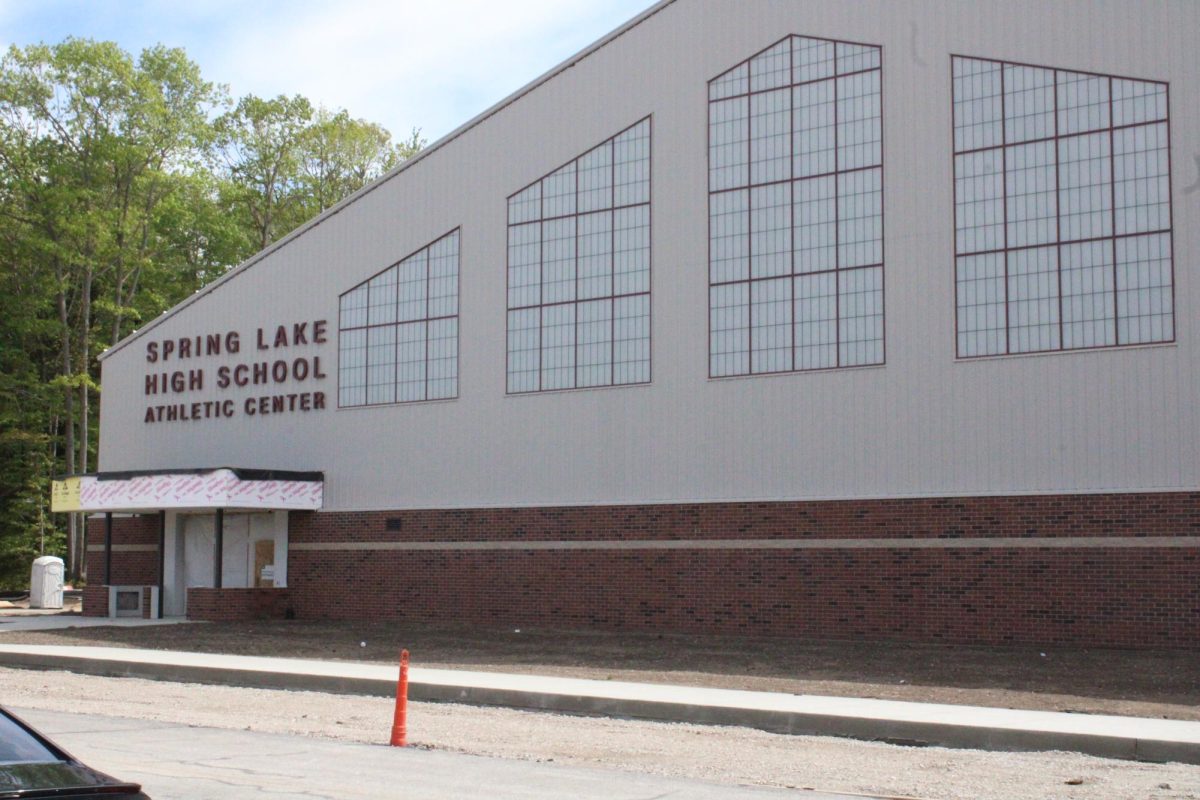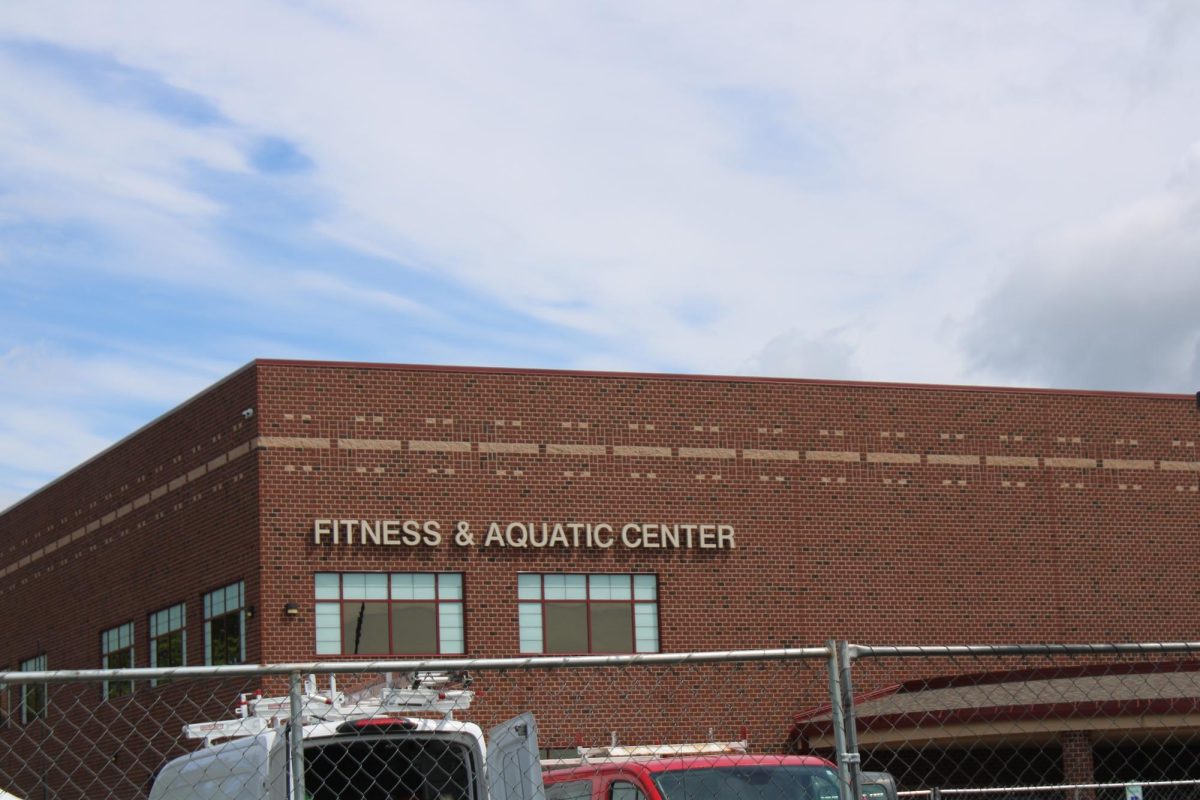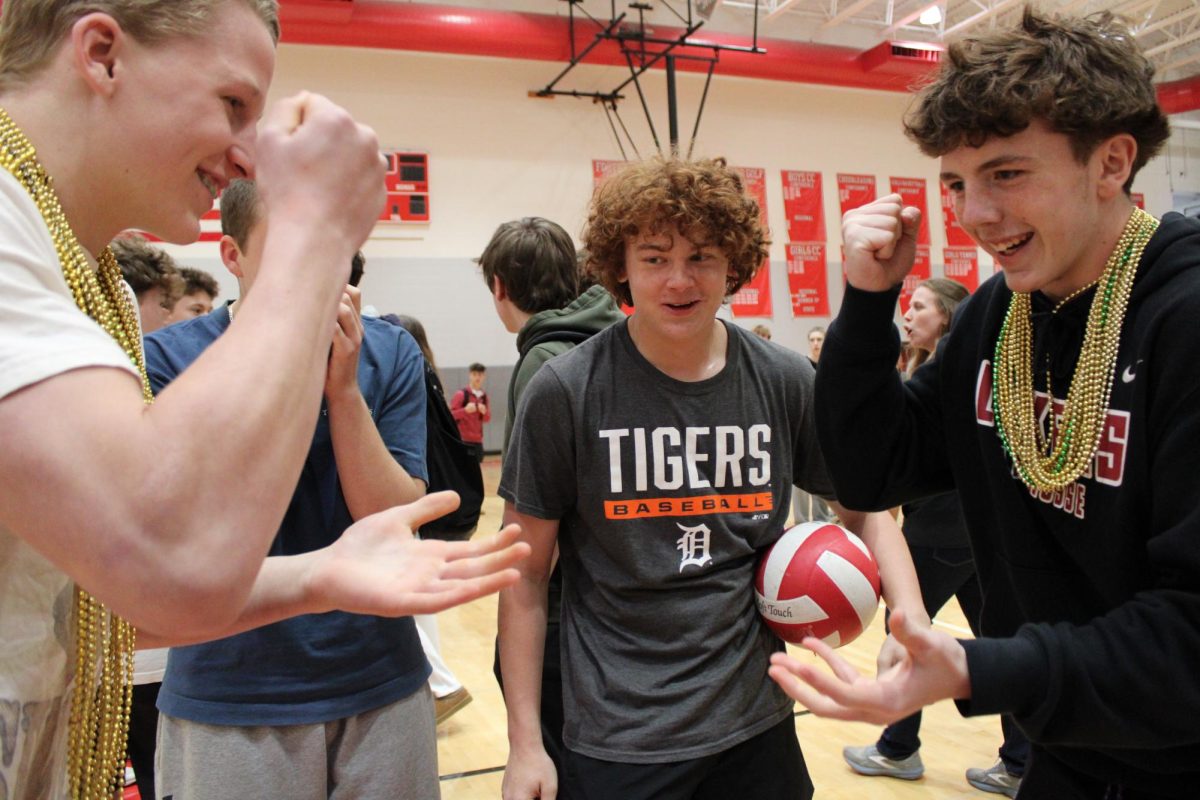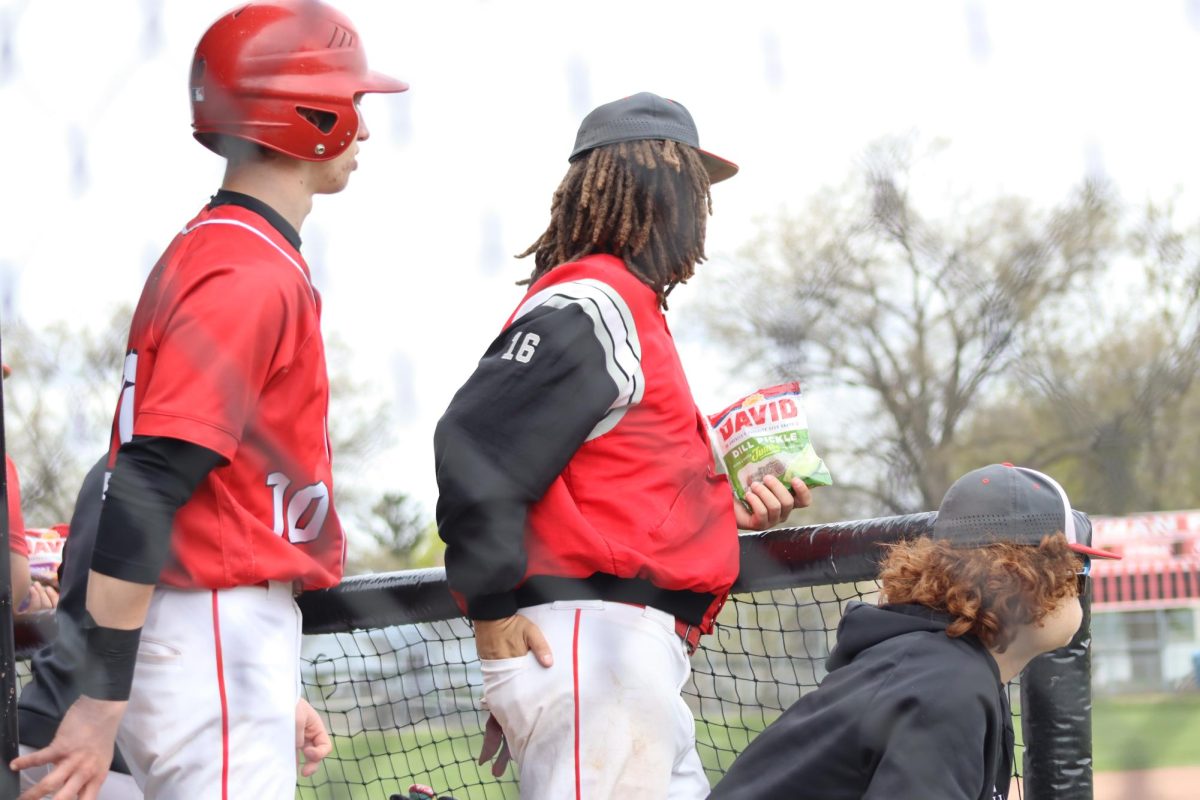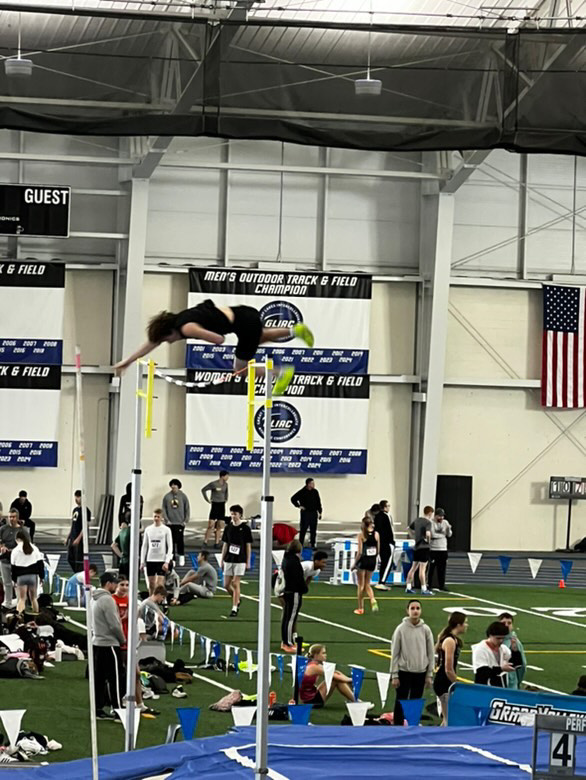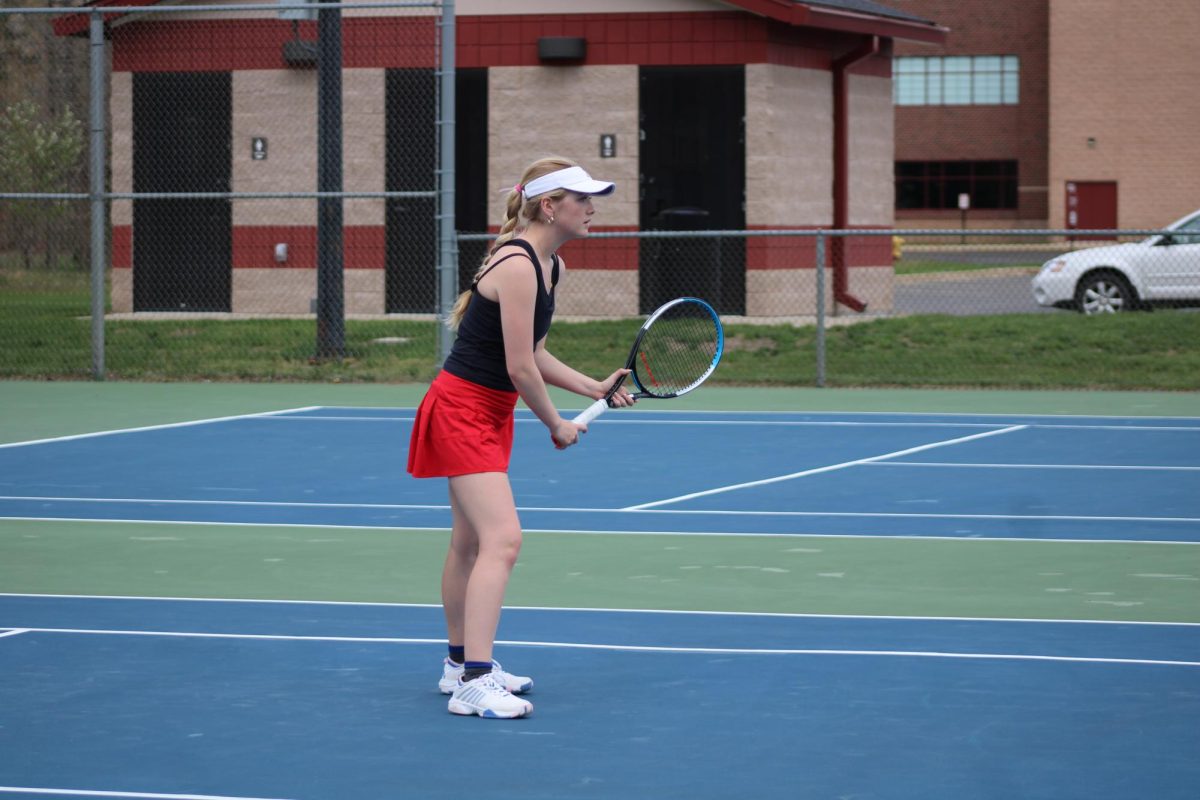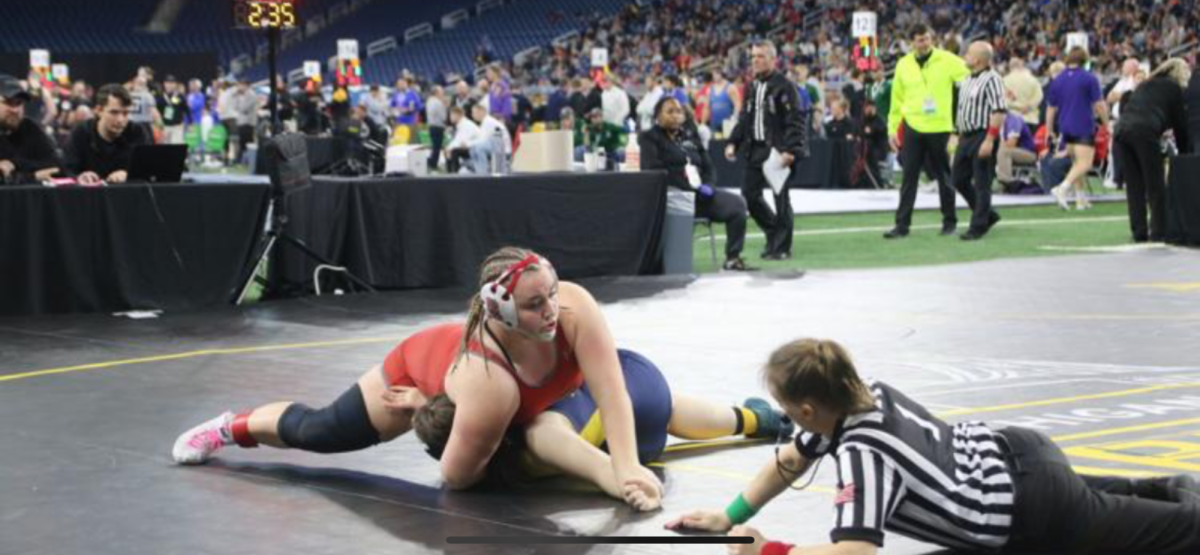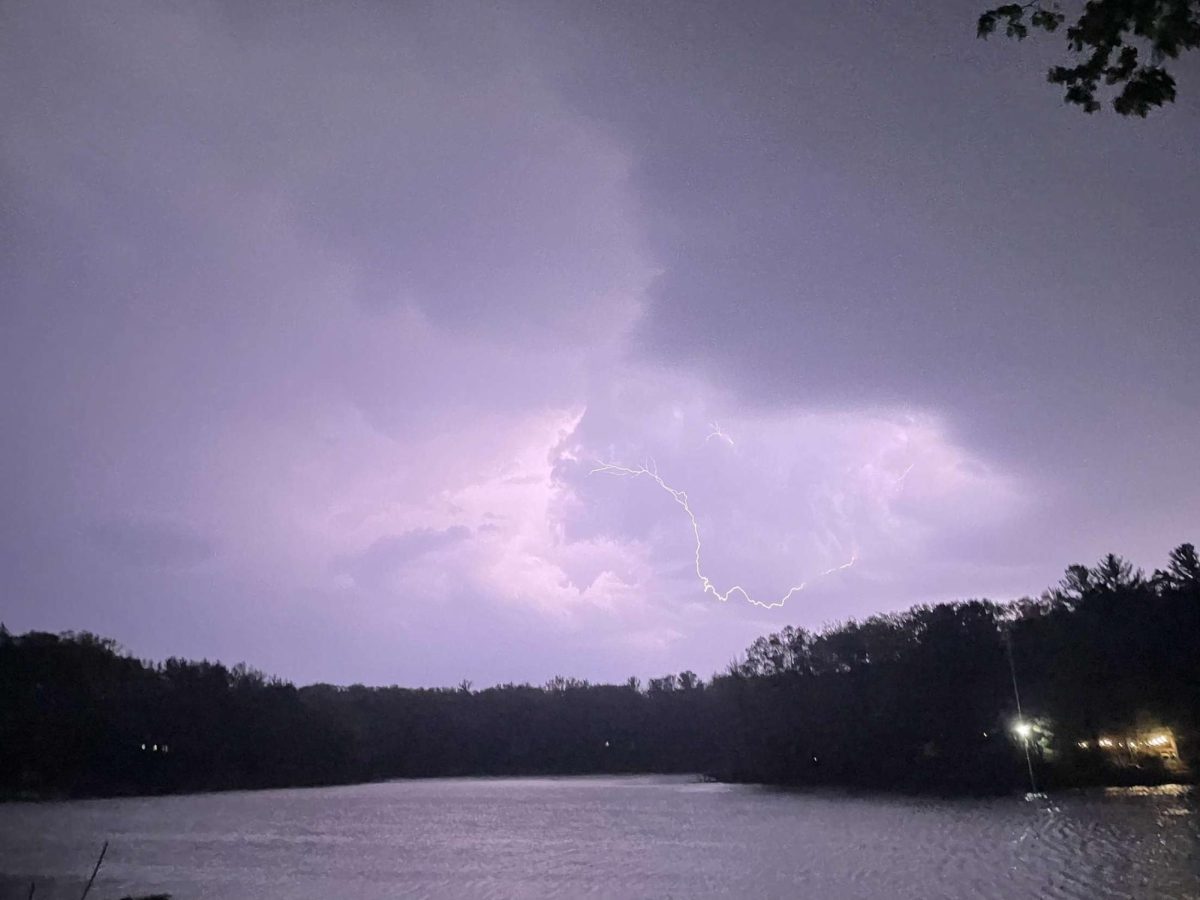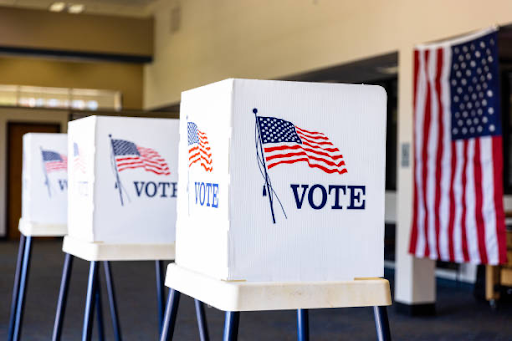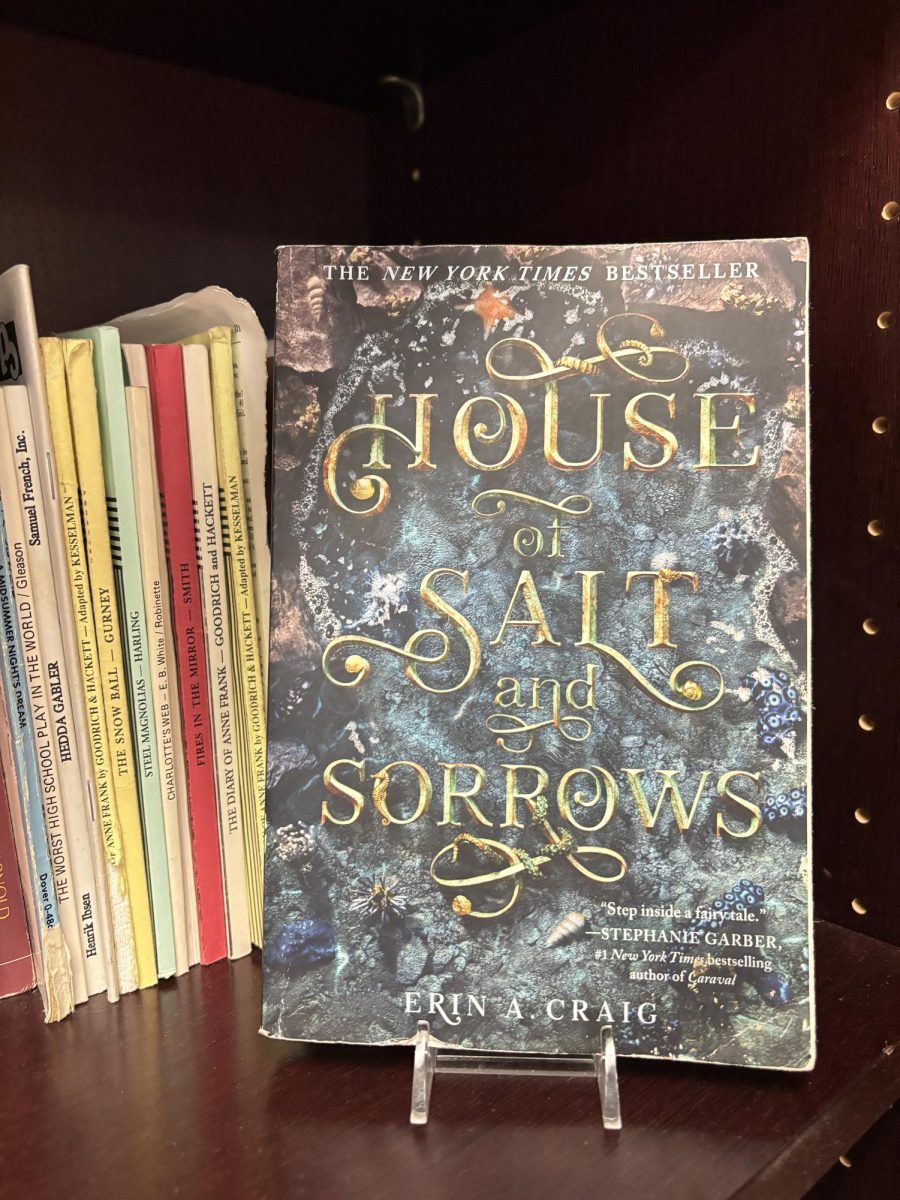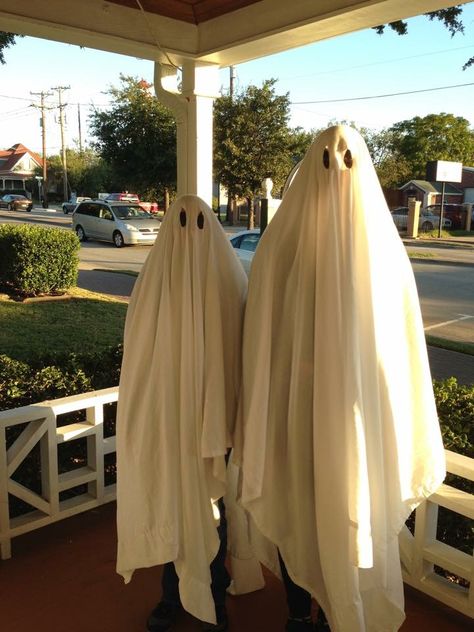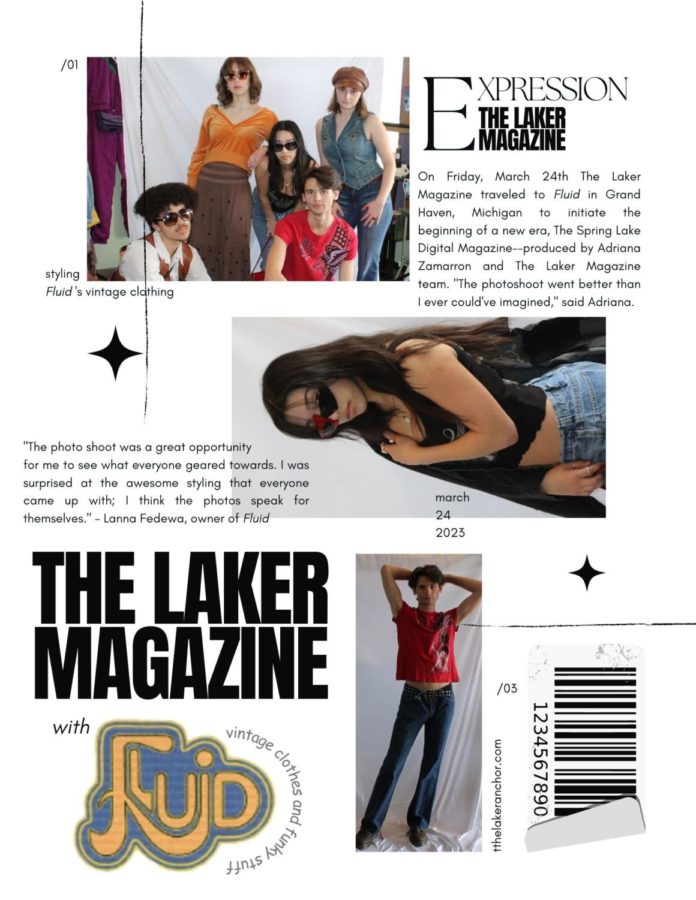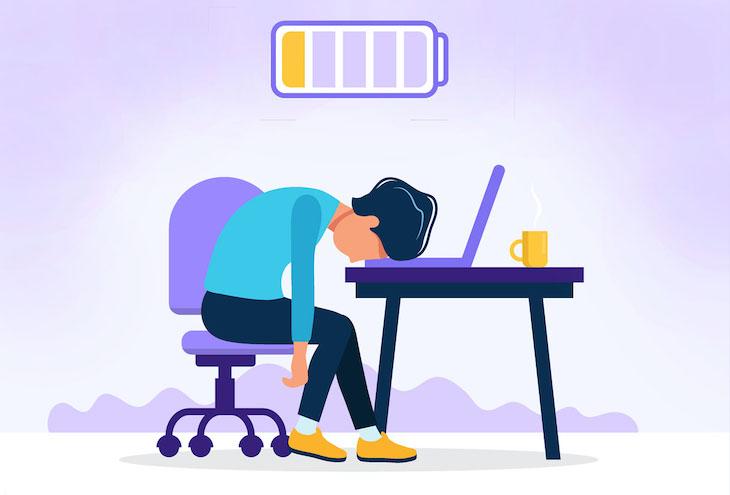Academic burnout. Phew. It’s sort of a big phrase. By definition, academic burnout is, “an extended period of extreme fatigue and apathy that often results in a decline in academic performance.” Student burnout among college and high school students sits around 40%, which is a staggering statistic considering there are 34 million students between the college and high school ages in America, which would mean that 13.6 million of those students have felt burnout before. But what does it actually mean, and where do we see this manifest in our own lives?
Spring Lake High School is notoriously known for its academic rigor and excellence. We proudly display this for all who enter in the commons: the “Top 2% In the Nation” banner hangs over our heads like a threat. The district’s motto even stresses this – “Big Enough to Challenge, Small Enough to Care.” Pressure to excel in school is all around us, so it’s not surprising that a majority of the student body faces academic burnout.
I, personally, start to see students and peers struggle with this towards the end of second trimester. Students are pushing through to spring break, and the grayness of the harsh Michigan winter doesn’t help the process. You’ll commonly see this in the small talk with your peers and teachers, almost everyone is in the, “I’m so done with school” mindset. “I’m tired,” “I hate this class,” “I just want to go home,” and “I don’t want to do this right now,” are some of the most common phrases muttered in the dreary winter mornings. While this might seem commonplace among students to us, it’s not healthy. School shouldn’t be a place we dread going to. It might not be the best way we could think to spend seven hours daily, but it also shouldn’t be the worst.
With the nearing of spring, juniors are also feeling the impending doom of the SAT becoming apparent. Most of my peers, if not all of them, are doing something to prepare for the SAT. Whether that be a casual ten minutes on Khan Academy, or enrolling in The Princeton Review, we feel the stress of that test creeping up on us. Also approaching are AP Exams. After spring break, it’s time to cram. That’s more test preparation than any 16-year-old should have to face – ever. I applaud the classes before us for getting through this time of year, but, in the face of a global pandemic and foreign wars, it feels a little bleak to be studying for a standardized test.
But, what can we do about academic burnout? Well, first, the obvious. For the students aiming for that perfect list of extracurriculars and 4.0, take a step back. You don’t have to suffocate yourself to be successful. I, too, have learned this – the hard way. Take a break! Put down that 5-pound SAT prep book, and go for a walk! Make yourself some cereal, make your bed! The point is, take a break. SLHS students, to me, seem to put more importance on their grade point averages than their mental health. This is no way to go about your final years of high school, and it is certainly no way to live. I’m not saying to stop pushing yourself, but stop pushing yourself to the point of exhaustion. Academic burnout is no joke, and we could all benefit from a little break. Just remember, spring break is right around the corner, and after that it’ll be the final stretch to summer. If you or a friend are suffering from academic burnout, know you are not alone, and know that you can always reach out to a friend, a parent, a teacher, a guidance counselor, or even me.
